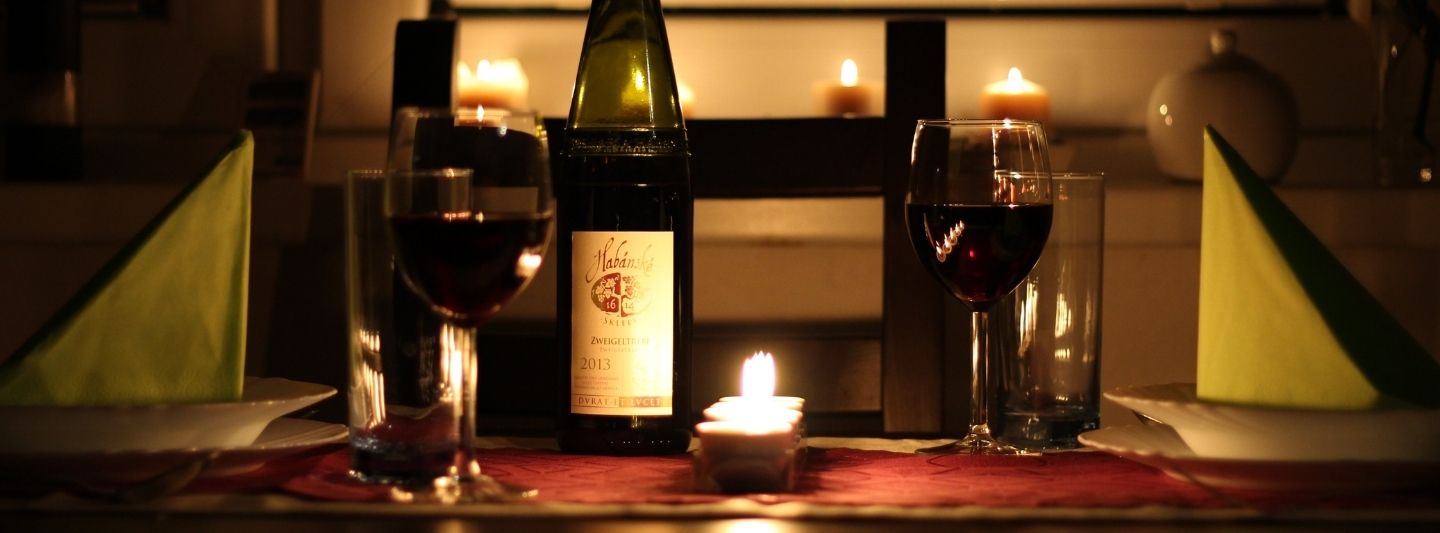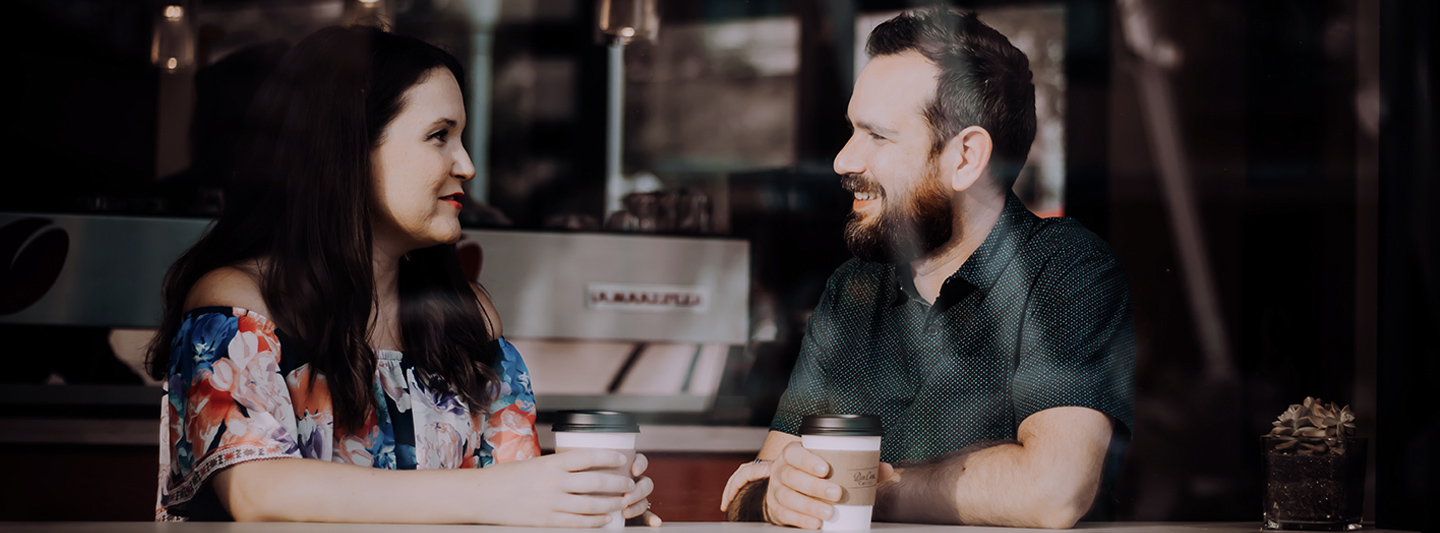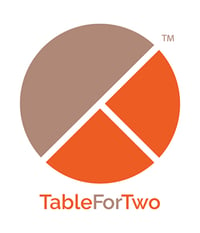

Which of These 5 Stages of Dating Are You At?
When you start seeing someone new, the early stages of dating can be a confusing experience, filled with uncertainty and prone to overanalysis. You might find yourself worrying about whether the person you’re seeing likes you. And if things are going well, the question of when you should take your relationship to the next level looms in the background.
While there isn’t a tried-and-true formula for romantic relationships, a common framework often emerges across different relationships in their early stages. Not every relationship will go through these stages in the same exact way. But it could be useful to think of dating as a ritual with social norms and cultural expectations, so you have some inkling of what to expect as the relationship progresses.
Let’s dive into the different stages of a relationship as it moves from casual dating to serious commitment.
Stage 1: First Impressions
Of course, the first stage of dating is when you first entertain the possibility of romance, or when you have a crush on the other person! This could happen when you’re basking in the chemistry you both share on your first date, or when you bump into someone you’re acquainted with and strike up a memorable conversation.
You might feel shy or uncertain about these new emotions you’re feeling and wonder, “What was that?" or "Do they feel the same way about me too?”. Whether it leads to anything more is anyone’s guess, but if the other person asks you out one-on-one, it’s a good sign that you’re not alone in feeling this way.
What you need to know
-
It’s all about the right timing. The person you’re seeing could be an acquaintance or someone you’ve already known for some time. Engaging them in a conversation, instead of the usual “hello”, could be all it takes for you to see them in a different, more romantic light.
-
Approach them. Not sure if the other person felt the same flicker of romance in your encounter? The only way to find out is to pluck up the courage and reach out to them in your own way. Invite them to hang out the way you would ask a new friend. Even if you face rejection, at least you won’t be plagued by “what-ifs” later.
Stage 2: Attraction (or the Romance Stage)
So you’ve started seeing each other. Things are going well and you’re getting to know each other better by planning dates and sharing new experiences together. You might even – gasp! – be falling in love with them.
For a lot of people, this is generally known as the honeymoon stage when you’re swept off your feet by this person and consumed by romantic love. You might find yourself in a bewildering state of infatuation, triggered by a dopamine rush whenever you see them.
Yet, for some, the attraction can be like a slow burn where the connection and romance take time to build. A slow burn doesn’t make it any less of an attraction, it’s just a different response. As long as you’re interested and you enjoy dating them, carry on!
What you need to know
-
Be open-minded. The person you’re seeing might not possess all the characteristics on your mental checklist for a potential partner. But the reality is often different from our perceptions. Pay attention instead to your interactions and how you feel.
-
Experiment! Don’t be afraid to try new things and have new experiences outside of your comfort zone. Even if it doesn’t work out in the end, you’ll still be learning something new about what you want or don’t want in an intimate relationship.
Stage 3: Reality
The next stage is when you’ve reached a certain level of ease with each other and developed a deeper emotional attachment. You might even start to display small gestures of physical intimacy like holding hands in public.
It is also at this stage where the initial elation of dating someone new could be fizzling out. If you did not notice any red flags or signs of incompatibility in the previous stages, they will probably crop up at this point, as will your other differences. You might begin to notice a more prominent power struggle in making everyday decisions and start to think that maybe you’re not as “perfect” a match as you thought you were.
These sentiments are normal and may not mean that you need to break up or let go of the relationship. It’s an opportunity to have those important conversations about your personal values on love, family, religion, work, commitment, and trust. How aligned are your values? If they are irrevocably unaligned, you could be better off letting each other go in a respectful and amicable way.
What you need to know
-
Communicate your needs. A healthy amount of friction and disagreement can contribute to the growth of a relationship when both parties are willing to work through them. Learn to recognise your needs and your love language and communicate them clearly but respectfully to the person you’re seeing. In the long run, developing healthy conflict management skills is key for any relationship to thrive.
-
Don’t rush it. Once you’ve arrived at this stage, one of you might feel impatient about moving on to the next stage of a serious commitment. Pause! Let the other person know how you feel while focusing on getting to know each other more intimately. As the saying goes, slow and steady wins the race.
Stage 4: Intimacy
When you’ve navigated through Stage 3, you’d find yourselves sharing a deeper sense of closeness and intimacy. You experience an oxytocin boost (also known as the love hormone) whenever the other person shows you affection; feelings of trust, contentment, and love begin to flourish between you.
You realise you care about this person and you make the effort to meet their friends and loved ones. You might even start to let your guard down further by allowing yourself to rely on this person in certain aspects of your life.
If you haven’t had an explicit conversation about committing to a serious relationship, you’re still in this stage, which is usually considered a prelude to being mutually exclusive. This could be a perfect opportunity to check in with yourself and what you want out of a relationship.
What you need to know
-
Nourish your sense of self. In the early stages of dating someone new, it’s easy to neglect your own needs in favour of spending more time with each other. Remember to maintain your sense of self and individuality. After all, a healthy relationship is fueled by the individual growth, passions, and aspirations of two different people. Make time for your friends and keep up with your interests that the other person might not share.
Stage 5: Commitment
The final stage of dating is when you decide to commit to an exclusive relationship. You also agree to adopt labels such as “boyfriend”, “girlfriend”, “partner”, or “significant other”.
Usually, this involves a heart-to-heart conversation about mutual commitment. It’s also a good time to revisit any unresolved issues that might have cropped up in the earlier stages of dating. Bonus: This is also when you can finally post your cute photos of each other on social media!
The journey doesn’t end here though. Agreeing to commit to a new relationship doesn’t necessarily mean it’s happily ever after. The real hard work actually starts here, in the nurturing of a long-term relationship. Due to your individual growth and evolving needs, you’ll discover new stages of this exclusive relationship and learn how to navigate each stage or revisit an old one from your dating phase.
What you need to know
-
The perfect approach doesn’t exist. Just like how there isn’t a one-size-fits-all approach to relationships, the early stages of dating can vary from person to person. As a way to assuage our feelings of uncertainty, we may feel the urge to seek out the right “template” for how dating should progress into an exclusive relationship. Try to focus instead on how you feel in the present and what you want, instead of what you think is right.
The road to love for every relationship is unique and worth celebrating. If you find yourself wondering why your fledgling romance is stuck at a certain stage, consider this guide as a conversation-starter to help you think about your needs and desires. At the end of the day, all relationships share one important ingredient: good, honest communication.
Table For Two has matched and curated 700+ social dates and is here to help you broaden your social circle through personalised matching too.
Start your dating journey with them by completing a personality profiling questionnaire so they can find your match, and pay $49 only when they find a potential match for you
No upfront fees till then!
Featured Contributor:

 was founded as an alternative to the ‘swipe culture’ of dating apps and believes in a ‘social-first’ approach.
was founded as an alternative to the ‘swipe culture’ of dating apps and believes in a ‘social-first’ approach.
They take the pressure off the expectations of dating, which allows individuals to socialise and mingle in person based on shared values, interests, and personalities. This way, their members are able to focus on simply getting to know one another on a deeper level, which makes for more meaningful connections.
This article was adapted from Table For Two's original article.
Related Article

